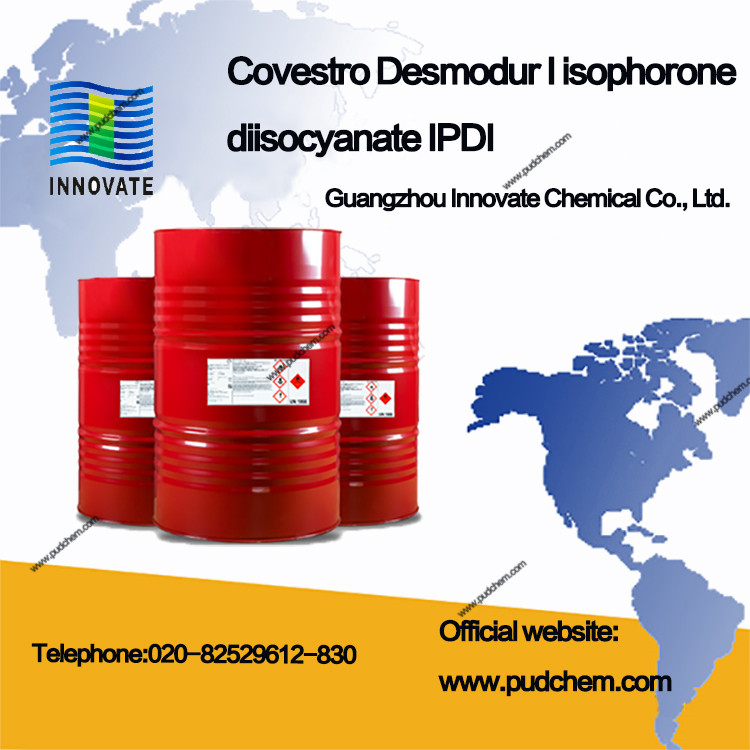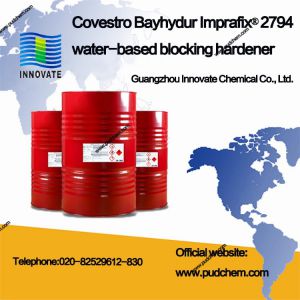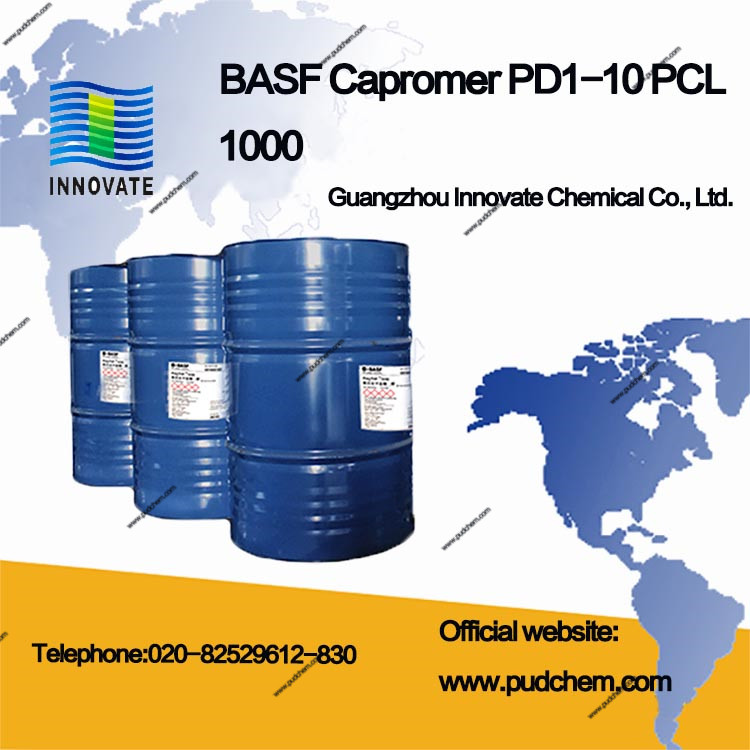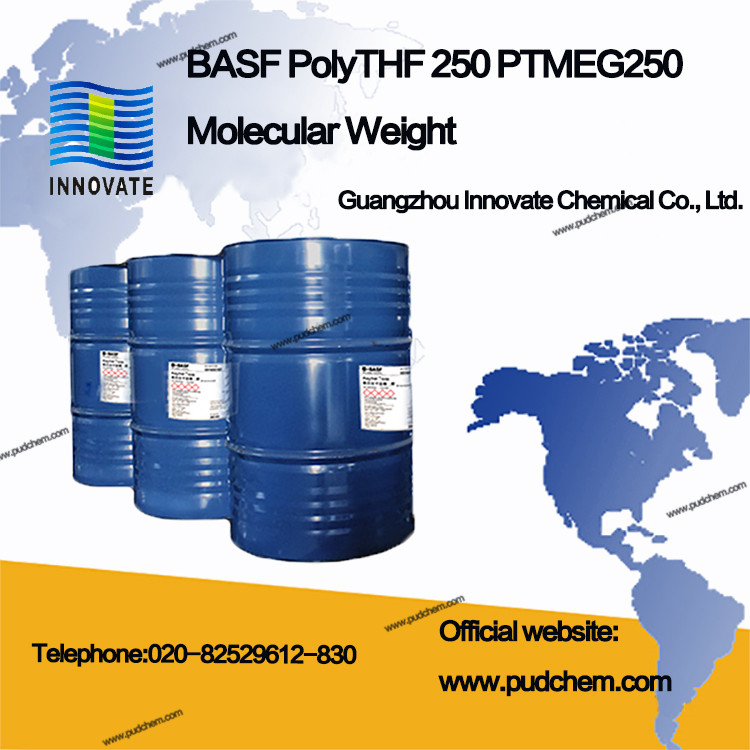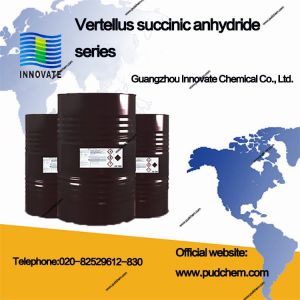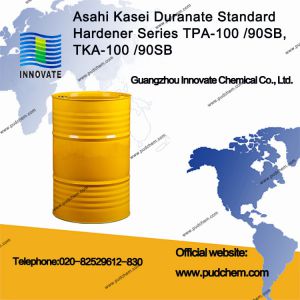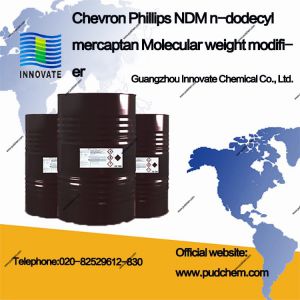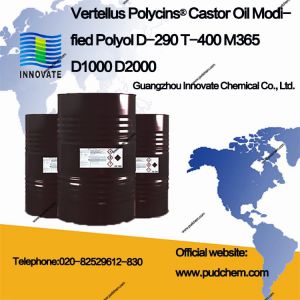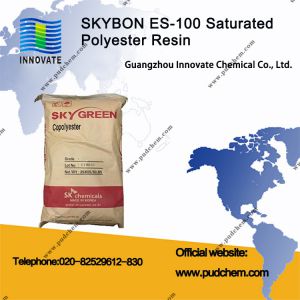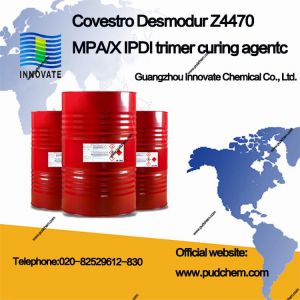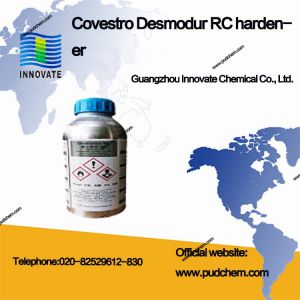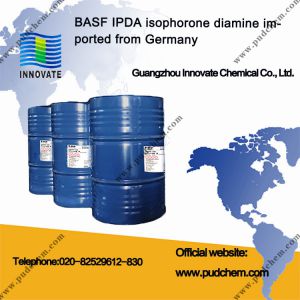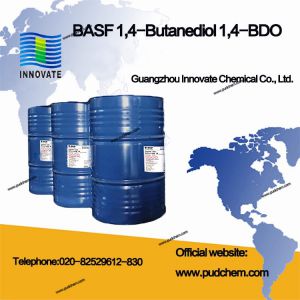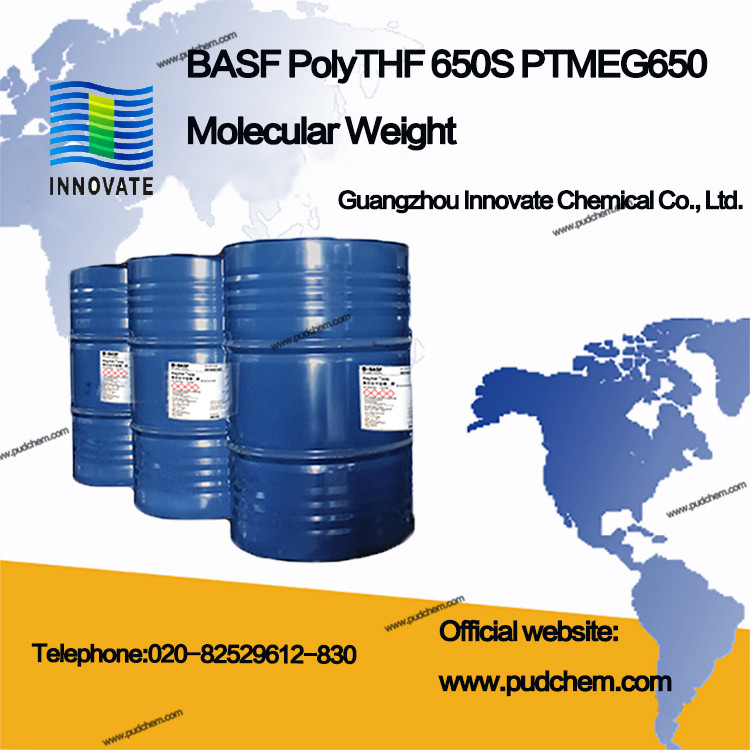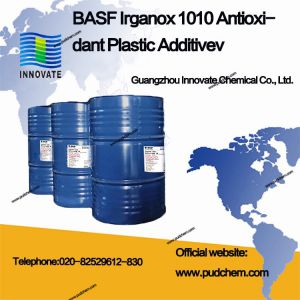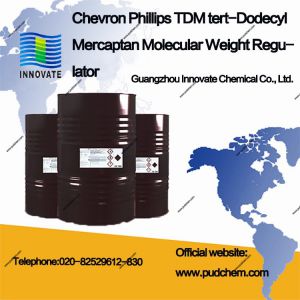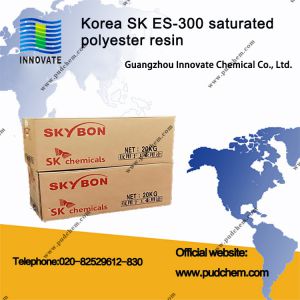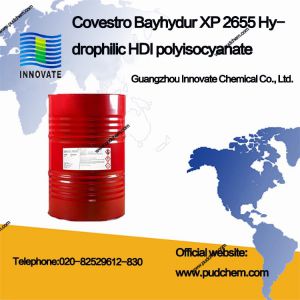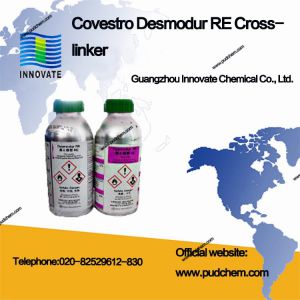BYK 310 Surface Additive
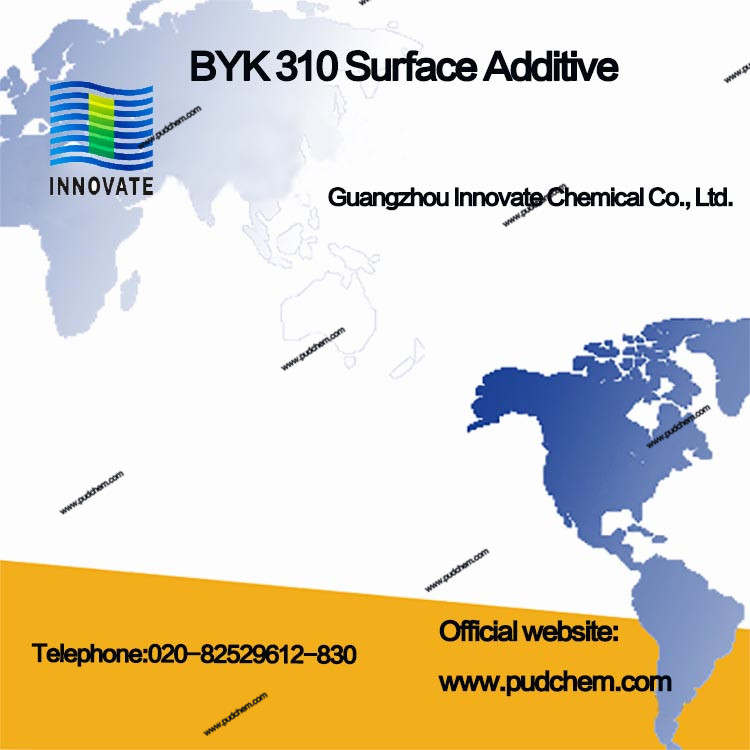
BYK-310
ables containing silicones for solvent-free and solvent-borne coating systems, printing inks, adhesive systems and room temperature curing plastic systems
Surface additives can significantly reduce surface tension. Thermally stable up to 210 °C
chemical components
Polyester modified polydimethylsiloxane solution
Typical materialized data
The data given on this data sheet are only typical values, not the technical specifications of the product.
| Density (20 °C) | 0.91 g/ml |
| Non-volatile matter (10 min, 150 °C) | 25 % |
| Solvent | Xylene |
| Flash point | 25 °C |
storage and transportation
Layering or turbidity may occur below 5 °C, heat to 20 °C and mix well.
Application Information
paint industry
Features and Benefits: This additive significantly reduces the surface tension of coating systems, thereby improving substrate wetting and preventing cratering. Can increase surface slip and improve gloss.
BYK-310 is a thermally stable silicone additive that, unlike conventional silicones, does not thermally decompose between 150 °C and 230 °C. As a result, there are no problems with reduced adhesion or surface defects during recoating, which are often caused by thermal decomposition of conventional silicones above 150 °C.
Recommended Applications
The additive is especially recommended for solvent-borne coatings, but can also be used in solvent-free systems.
Recommended dosage
0.05-0.3 % Auxiliary dosage (as purchased) is based on the total formulation. The dosage can reach 0.5 % in solvent-free systems.
The above data are empirical dosages, and the optimal dosage needs to be determined through a series of experiments.
Incorporation Method and Processing Instructions
The adjuvant can be added at any stage in the production process and can also be added later.
pay attention
Compared with silicone oil, the additive is safe to use. However, it should still be tested whether there will be foam stabilization problems in the corresponding system. Recoatability, silicone migration, and tendency to crater should also be tested.
Printing ink
Features and Benefits: The additive significantly reduces the surface tension of the system, thereby increasing substrate wetting and preventing cratering. It can also increase surface smoothness and improve gloss.
Recommended Applications
Recommended for all solvent-based printing inks.
Recommended dosage
0.05-0.3 % Auxiliary dosage (as purchased) is based on the total formulation.
The above data are empirical dosages, and the optimal dosage needs to be determined through a series of experiments.
Incorporation Method and Processing Instructions
The adjuvant can be added at any stage in the production process and can also be added later.
pay attention
Compared with silicone oil, the additive is safe to use. However, it should still be tested whether there will be foam stabilization problems in the corresponding system. Recoatability and crater tendency should also be tested.
Adhesives and Sealants
Features and Benefits: BYK-310 is a highly effective silicone additive. Significantly lowers surface tension, improving wetting on difficult-to-wet substrates.
Recommended Applications
Recommended for improved substrate wetting in epoxy adhesive systems.
Recommended dosage
0.05-0.3 % Auxiliary dosage (as purchased) is based on the total formulation.
The above data are empirical dosages, and the optimal dosage needs to be determined through a series of experiments.
Incorporation Method and Processing Instructions
The adjuvant can be added at any stage in the production process and can also be added later.
pay attention
Compared with silicone oil, the additive is safe to use. However, it should still be tested for other effects on the adhesive properties.
Room temperature curing plastic system
Features and Benefits: BYK-310 is a highly effective silicone additive. Significantly lowers surface tension, improving wetting on difficult-to-wet substrates. The additive has high temperature thermal stability.
Recommended Applications
Recommended for improved substrate wetting in room temperature curing epoxy systems.
Recommended dosage
0.05-0.3 % Auxiliary dosage (as purchased) is based on the total formulation.
The above data are empirical dosages, and the optimal dosage needs to be determined through a series of experiments.
Incorporation Method and Processing Instructions
The adjuvant can be added at any stage in the production process and can also be added later.
pay attention
Compared with silicone oil, the additive is safe to use. However, it should still be tested whether surface defects can occur in the corresponding system.
- PREV:Crosslinking and curing of waterborne polyurethane adhesive curing agent DW-1900 waterborne polymer emulsion
- NEXT:Umicore Valirex® Cerium, Cobalt, Manganese, Noval(MEKO), Mixes Ink Dryers

